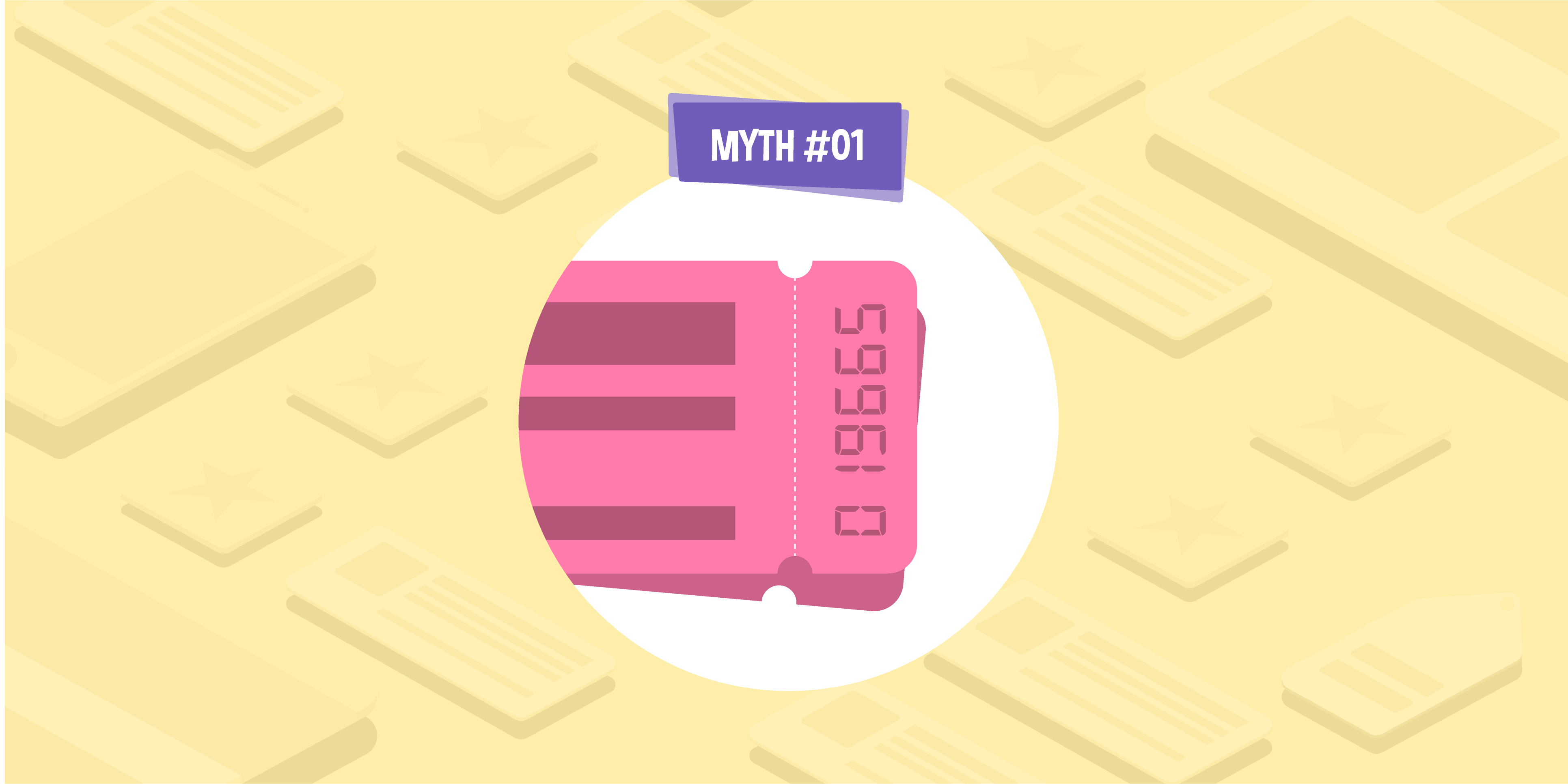
- 25 Nov 2016
- 5 Min read
Industry round-up: Google goes mobile-first & intent-driven search trumps polling data
The latest edition of our industry round-up will get you up to speed with the latest digital marketing news, which includes Facebook’s plans to combat fake news stories, intent-driven search data proving to be more accurate than polling data in predicting the recent US presidential election result, and Google beginning to roll out its mobile-first index.
Facebook outlines plans to fight off fake news stories

After the recent US presidential election, there was a storm of discussion about whether or not unverified articles shared on Facebook had any influence over the decision some voters ended up making. The social network faced criticisms over its apparent lack of safeguards for preventing these ‘fake news’ articles from going viral.
In response to the debate, Facebook founder Mark Zuckerberg posted about the issue, defending the platform’s safety measures, as well as outlining plans to crack down on this type of issue in the future.
There were seven key points that he identified that would make it much more difficult for these articles to be shared and spread:
- Improved detection: Facebook will work to improve the way that it spots misinformation, putting in place improved detection measures that will flag items as false immediately.
- Simpler reporting: It will be easier for the Facebook community to submit reports about fake news stories.
- Fact-checking: There are plans for Facebook to work more closely with fact-checking organisations to improve the social network’s dealings with fake news.
- Warnings on flagged stories: Stories that have been reported as fake will carry a warning to help users make up their minds about the truth behind them.
- Improving quality of related news: Facebook is determined to improve the quality of suggested stories attached to news in an effort to stop them from going viral.
- Interrupt financially motivated spam: Most fake news come from financially motivated spam, so Facebook plans to detect and interrupt their sources with their ad policy.
- More input from experts: Facebook plans to learn from experts in fact-checking and editorial matters to improve their ability to do both.
Whether these measures will be enough to combat the influx of spammy stories remains to be seen, and we won’t really know until they are fully implemented by the social media giant.
Intent-driven search data proves more accurate than US election polling data

Sticking with the 2016 US presidential election, people who followed the events closely will know that the polling data quoted by most sources proved to be inaccurate in predicting the outcome of the race to the White House.
While Hillary Clinton had a polling data lead of an average 3 percentage points in the nine days leading up to the election, Donald Trump had accumulated the majority of intent-driven Google searches, ending election day with a share of 55%. Search data has also successfully projected the last three US elections (2004, 2008, and 2012).
So why has Google searched data trumped the polls this year? Most likely because this data is untouched by any bias, formula, or weighting techniques that polling data is subjected to, and it comes from a much larger sample size — millions of people versus a few thousand, in most cases. Polling relies on smaller demographic data, often from a sample group that has been organised to test a particular type of person. This can deliver an inaccurate or out-of-date intent.
In their 2015 ‘Mobile search & video behaviour analysis’, Millard Brown Digital found marketers that a reliance on targeted data based on typical demographics alone risk missing out on 70% of mobile shoppers. For example, the same analysis found that only 31% of mobile searches for video games are made by males aged 18–34, so if you took demographic approach, you would be missing out on the other 69% that are also actively searching around the topic.
Another advantage of using search data is that it is completely anonymous, whereas polling usually requires an individual to submit their details to the company carrying out the research. Being able to carry out a search from the comfort of your own home frees you from any stigma or expectations placed on you by others.
However, using intent-driven search data is not completely accurate — after all, a search engine can’t differentiate between someone who is definitely going to cast a vote and someone who might or is considering it. They also can’t tell whether someone is simply researching the opposition either.
Google begins rolling out mobile-first index

Ever since Google revealed that more searches take place on mobiles than through desktops and tablets in May 2015, they have been looking for ways to improve the search experience for mobile users.
In an announcement on their blog, they indicated that as part of their ongoing plan, they have begun experimenting with a mobile-first index, which will evaluate websites from a mobile rather than desktop perspective. The purpose of this is to ensure the best rankings for its primary user-base, with mobile content being indexed before any other type.
The change will mean that mobile-friendly design is now a must-have for almost every website, as compatibility with this format will be a prerequisite if you want to rank in search results. Handily, Google has created a tool that you can use to test your website to see how mobile compatible it is.
For more digital marketing insights, follow Glass Digital on social media. Connect with us on Facebook, Twitter, Google+, or LinkedIn.

